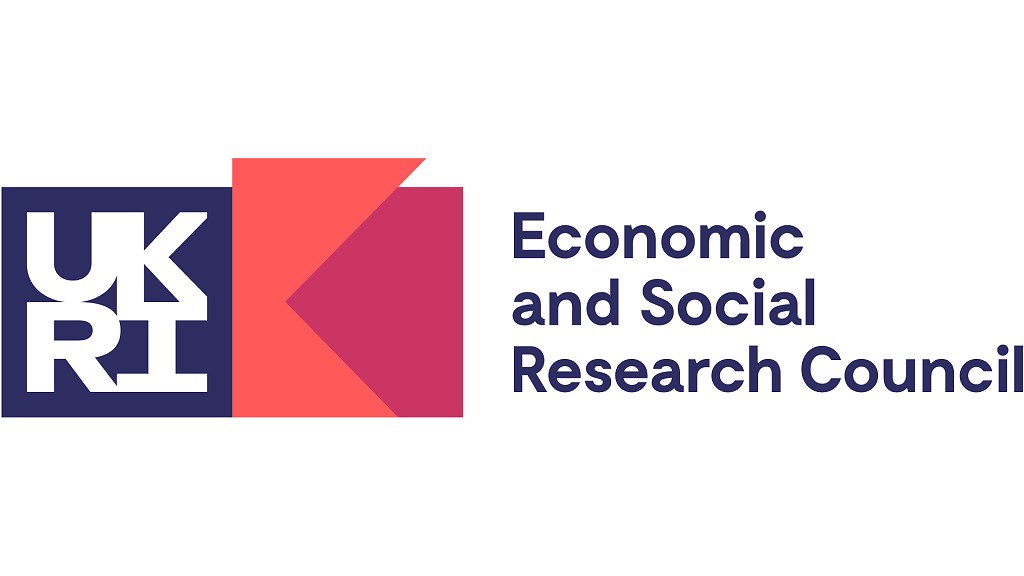Social Welfare and Immigration Legal Aid: Mapping need, provision and accessibility
A brain-injured adult faces a move to a less suitable care placement because of an unlawful decision by social services.
A disabled couple are wrongly told they have overclaimed council tax benefit, and face significant deductions from their benefits to repay it.
A single mother is refused housing assistance because she is treated as intentionally homeless, having moved out of a house where she was suffering serious bullying and harassment from a neighbour.
A woman who entered the UK on a spouse visa is afraid to flee her abusive husband because she faces destitution and deportation from the UK if she leaves the marriage.
All of these people have a legal right – to community care, to housing assistance, to a welfare benefit, to a secure immigration status – but these rights are meaningless without a way to enforce them.
Legal aid is vital to accessing many social and welfare rights but, since 2010, local authority and legal aid funding cuts have brought about transformative changes to the social welfare legal advice sector across the whole UK.
But the Low Commission and Bach Commission reported on the haemorrhaging of not-for-profit legal advice centres, with half of those in England closing between 2013-2019.
By building on my earlier work on immigration legal aid in England and Wales and applying a multilayered geographical and socio-legal approach to SWILA, the project aims to expand the use of Descriptive Mapping beyond immigration to help understand legal need, provision and accessibility in SWILA more broadly throughout the UK.
This will feed into an evolving Knowledge Exchange project which aims to suggest ways to overcome those barriers and support sustainable provision of SWILA services, including in advice desert or drought areas.



